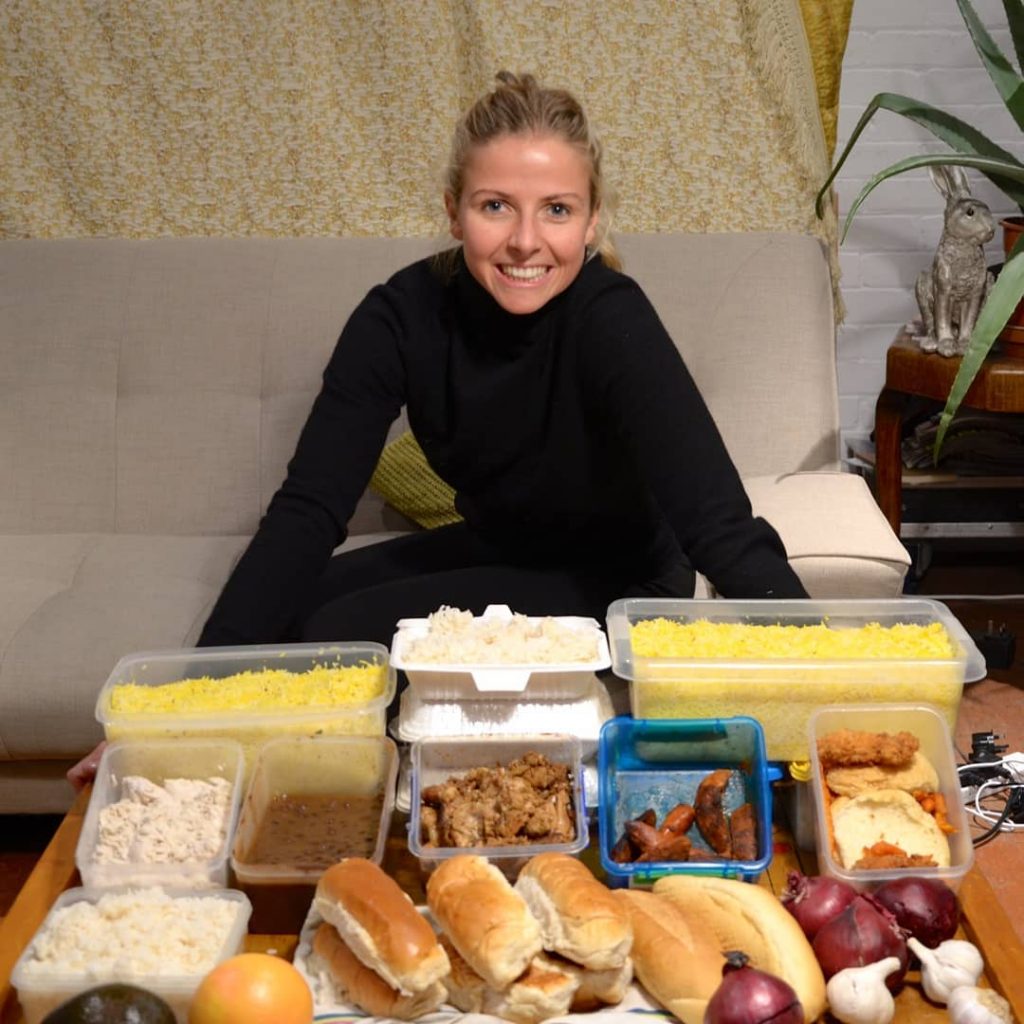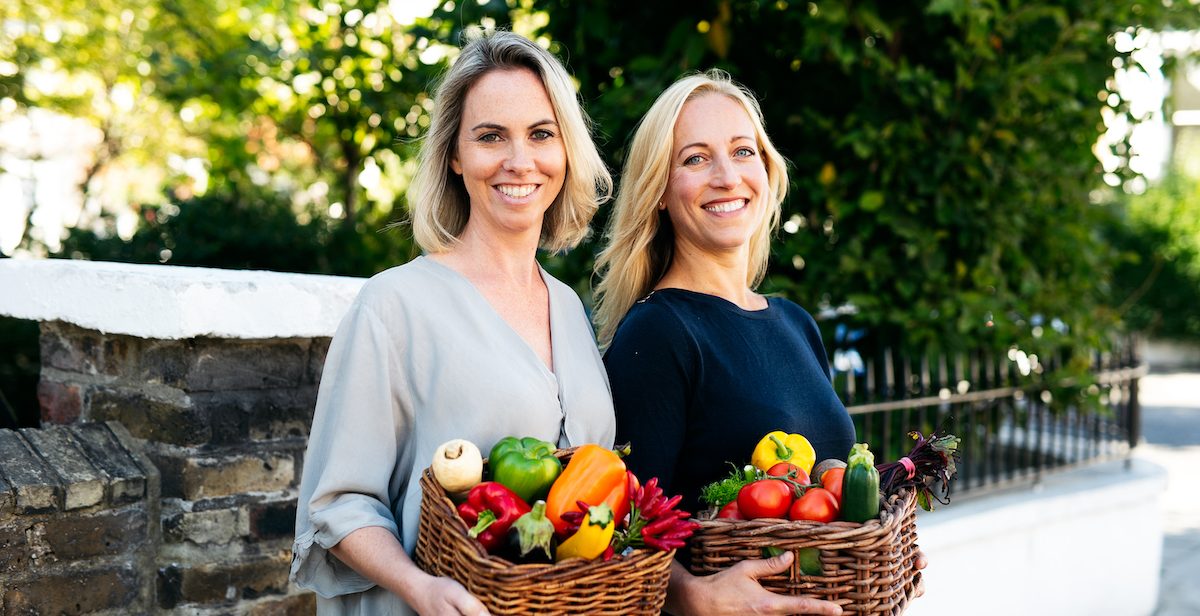“You only have to see a picture of an empty supermarket shelf to realize the value of food,” says Tessa Clarke, co-founder of OLIO, a free app that encourages food sharing to save food and limit waste. Clarke and her business partner, Saasha Celestial-One, set up OLIO in 2015 in response to the huge amount of food that goes to waste each year.
But they couldn’t have predicted the impact it would have. What began as a small user base in North London soon spread around the UK and beyond.
Sharers take pictures of their waste items, write a description, and wait for a local person to collect it. A waste item could be anything from that bag of apples you’re not going to eat to a jar of jam nearing its sell-by date. And it needn’t be food. Sharers donate non-food items such as plants and cosmetics too.
But who would want to share food during a pandemic?
Lots of people as it turns out! “We did wonder if a food sharing app could continue during a pandemic,” says Clarke. “But we listened to our community and realized very quickly that we had a responsibility to keep going”.
The pandemic got many people thinking about sustainability and food waste. And those empty supermarket shelves in March 2020 exposed Britain’s vulnerable food systems. Riding that wave, OLIO has grown five-fold since the start of the Covid-19 crisis.
When lockdown happened there was suddenly a very real need for alternative food supplies as overworked shift workers struggled to access supermarkets and vulnerable people were stuck indoors.
But it wasn’t only sharers who multiplied during lockdown. It was volunteers too. “We were asked to stay home to help out,” says Clarke. “But staying home wasn’t enough. People wanted to do more”.
Volunteers work anywhere between a few minutes to several hours a week. They distribute surplus food donated locally or help spread the word about OLIO’s initiative to save food.

Do we really throw away that much food?
Yes we do. You may think that you don’t waste much at home but the fact is that 50% of food waste happens in the home. Even if they feel like small things, that crust of bread you threw away last week and those out-of-date raisins all contribute to the problem.
In fact, we need a country larger than China to grow all of the food we throw away this year. Now is certainly the time to think about how to save food.
Food waste facts
- Each year we throw away about one third of all food globally.
- That waste would feed the world’s undernourished people twice.
- Food that ends up on landfill emits methane, contributing to our greenhouse gas emissions.
- A massive 250,000 tonnes of the food Brits throw away away each year is still edible.
Is food sharing here to stay?
Absolutely. Since the pandemic, 50% of users cite environmental concerns as their reason for joining Olio. And it’s building community too. Tessa has stories of community gardens and even a jam-making company, all of which were established by OLIO sharers last year.
The UK is getting savvier about food waste and the good news is, it’s going down! And thanks to initiatives like OLIO, neighbours are getting to know each other as they save food. In difficult times, we need our communities more than ever. In the words of Clarke, “when the going gets tough, OLIO is our ray of light”.

